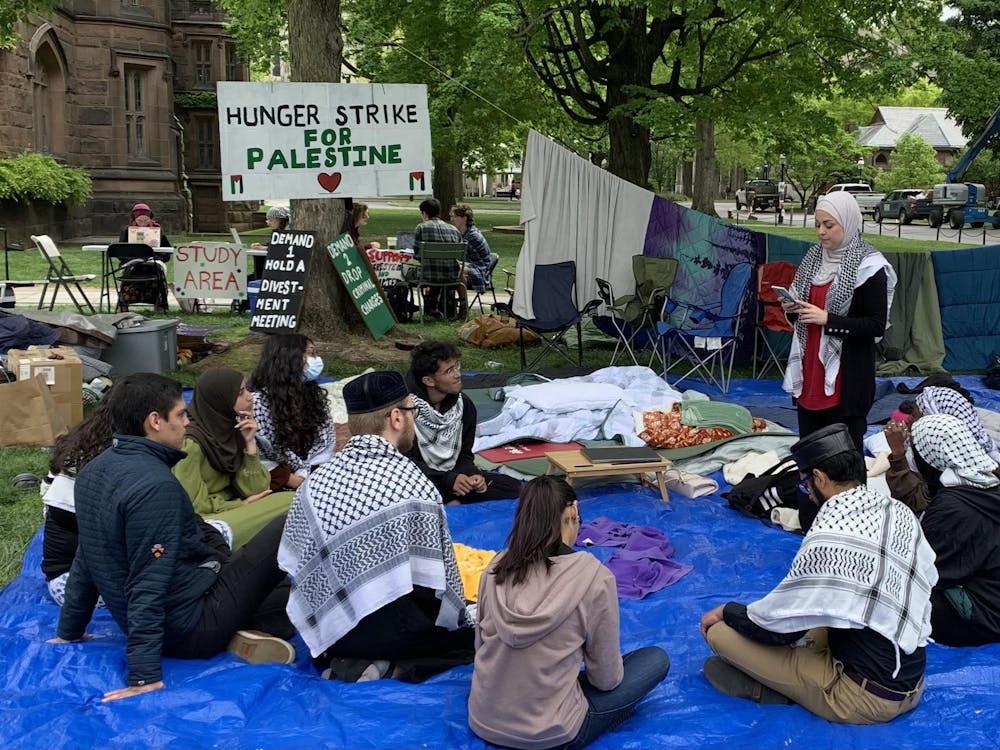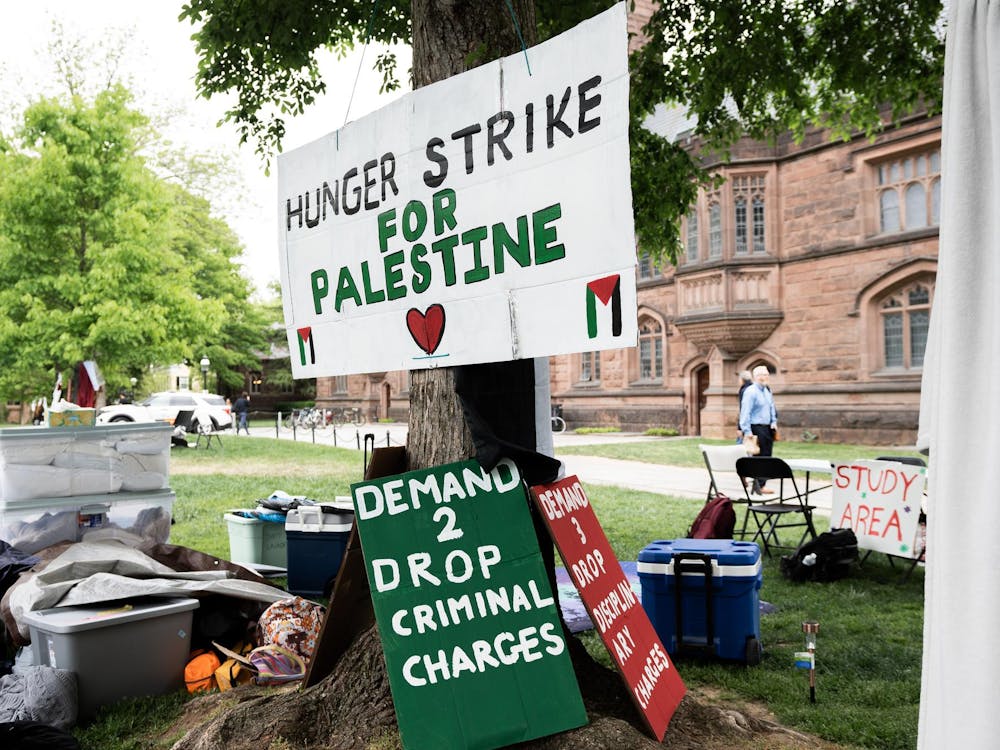Before his lecture at the Wilson School on Thursday afternoon, former Egyptian Foreign Minister Mohamed Kamel Amr sat down with The Daily Princetonian to discuss the challenges facing the Egyptian government and the likelihood of a transition to a legitimate constitutional democracy in the wake of former Egyptian President Mohamed Morsi’s removal from power in June.
The Daily Princetonian:What is the biggest challenge facing the Egyptian government today?
Mohamed Kamel Amr:I think the biggest challenge facing Egypt today, it is what they call a “road map” for, you see, moving forward. This road map involves writing a new constitution or amending the old one, then we have the legislative elections, then we have the presidential elections. All of this should happen within the next seven to eight, nine months. Now we are in the process of writing the constitution. So I think the challenge now is to go according to this road map. This is very important for the stability of the country, which again, stability is important for investment, for economic activity, for tourism, which are all down now because of the situation. Everybody is feeling the transition of the government. It is a transitional period, but we want to have this kind of road map finished.
DP:What made you decide to resign in July 2013 yet stay on as the caretaker foreign minister?
MKA:I decided to resign when it was clear, you see, that the majority of the people of Egypt don’t want the situation to continue as it is, and they were against the policies of the president. And I saw that Egypt, for the first time, there was a kind of division among the people. The majority was on one side, and there was a sizable minority on the other side, and the situation was developing, you see, in a very bad way. And I thought that the president should make some concession, should try to respond to the will of the people, but he didn’t. So I submitted my resignation, and I mentioned all of this, actually. I cannot, with a clear conscience, continue my work in this kind of atmosphere. But I was asked to stay until they found a replacement. And, of course, I’m the foreign minister, you can’t just leave — people call you foreign minister, people call you from abroad. So I agreed to stay until they found a replacement.
DP:How has the June removal of Morsi from the presidency affected Egypt’s relationships with other countries, particularly those from which it receives military and foreign aid?
MKA:You see, there was a misunderstanding of what happened in Egypt on the 30 of June. Some countries said this was a military coup, which it wasn’t. There were these, literally, tens of millions of people on the street asking for the president to resign. The president had a chance before, actually, to go to have a referendum on his staying or resigning; he refused to have this referendum. So people came to the street asking for him to resign. And I think the wise course to do was for him to resign. He refused. And the situation was threatening to become a confrontation between those tens of millions on one side and hundreds of thousands who are with the president on the other side. If the situation [were] allowed to develop, there would have been catastrophic results; blood would have [been] shed in the thousands. The army came, actually, to prevent this from happening and withdrew from the political scene. The army, they didn’t take over the government or anything. They appointed the head of the Supreme Court and the interim president, and there was a prime minister who appointed a civilian government.
So I think countries who said this was a coup, they didn’t really understand the situation. But there were many countries, actually, who knew exactly what happened and understood what happened. And they kept their relations, even they increased their assistance to Egypt — like Saudi Arabia, United Arab Emirates, like Kuwait, all these countries, actually, increased their help to Egypt during this time. And I think everybody now is realizing that the situation was not what they thought at the beginning, and I think in time, they will understand the correct and right situation of Egypt.
DP:Is Egypt in danger of falling back into authoritarianism? What steps must be taken by the interim government to put Egypt back on the clear path toward a constitutional democracy that is viewed as legitimate by all quarters of society?
MKA:I’m not afraid at all that Egypt will come back to authoritarianism. For one reason: People now are different. They have been changed after what happened on the 25 of January 2011, when people came to the street, and they removed the president. And then again on the 30 of June [2013], when they removed the second president. People now are very much aware, you see, of their rights, and of their power on the street. So I don’t think any future leader will have the chance to go the way of the old leaders, you know, being authoritarian or dictatorial. The people wouldn’t allow that. So I think I’m optimistic on this regard. People would never go back. What the government should do to move Egypt forward, as I said, [is to] adhere to the road map that was announced in the 3 of July. The road map is very clear, very specific, in its steps. And within a time of less than a year, actually, we should have a new, modern constitution— democratic constitution — an elected legislature and an elected president. So I think what the government should do now is to just stick to this road map.









